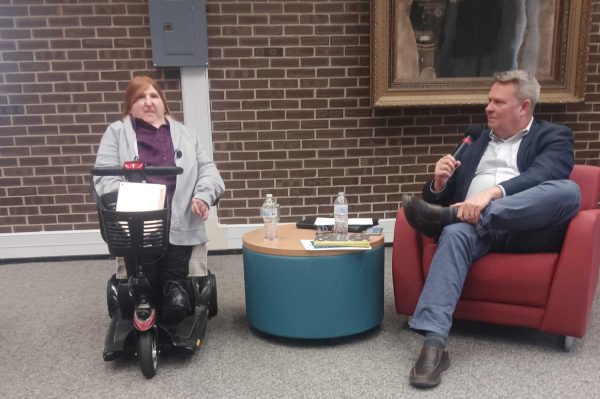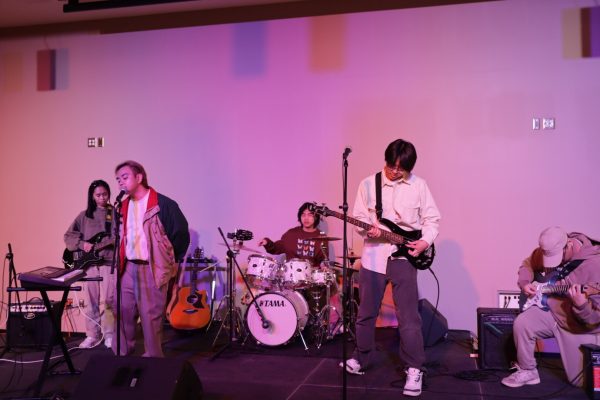Rocking the teenage cradle of love
March 7, 2005
What could Pat Kaiser, a freshman marketing and psychology double major, possibly have in common with world-famous movie stars Harrison Ford and Michael Douglas?
Besides breathing oxygen, the trio all date younger women, although the gap isn’t nearly as wide with Kaiser and his high school honey.
Kaiser met his current high school girlfriend while still living the K-12 life. He said it has been difficult to maintain the relationship.
“We started dating during the fall of my senior year in high school,” Kaiser said. “Mostly, communication is difficult because I don’t like talking on the phone as much as she does.”
It isn’t uncommon for college and high school students to date. Most often the situation occurs when one partner graduates and heads off to college, while the other remains in high school. But just because the situation is common, does that mean it is a good idea?
Troy Melendez, a psychologist at the Counseling and Student Development Center who specializes in dating and sex, said while there are no typical problems with high school-college relationships, any serious relationship between adolescents and young adults can have problems.
“This stage, 18 to 25, in human development is full of opportunities for growth and change, but not everyone will perceive these opportunities in the same way,” Melendez said.
Freshman journalism major Joshua Wood echoed Kaiser’s comments and added that his girlfriend has been really understanding of the situation.
“[My girlfriend] is really cool about it,” Wood said. “We aren’t too far away from each other, though.”
Melendez said one partner may feel the need to go out and experience new things, while their significant other might feel threatened by changes to the relationship.
“Even the most mature adolescent or young adult is still an adolescent or young adult,” Melendez said. “Most individuals who enter into a serious, long-term relationship at this stage in life do so with an immature perspective or for immature reasons.”
Melendez, who doesn’t advocate adolescent-young adult relationships, said there are a lot of serious problems that can arise during high school-college relationships.
“Depending on the ages of the individuals, there may be legal issues,” he said. “The families may also object to the relationship. Friends may also take issue with someone in college dating a [high school] student. The different environments that people are exposed to can also create problems for both partners.”
Neither Kaiser nor Wood expressed any desire to leave their high school girlfriends anytime soon. However, both noted the various obstacles that come with making their brand of romance work. When asked what kind of pitfalls he has experienced with dating a high school girl, Kaiser just embraced the concept of honesty being the best policy.
“I’m not [going to] lie,” Kaiser said. “I don’t really get as much action as I would like.”










